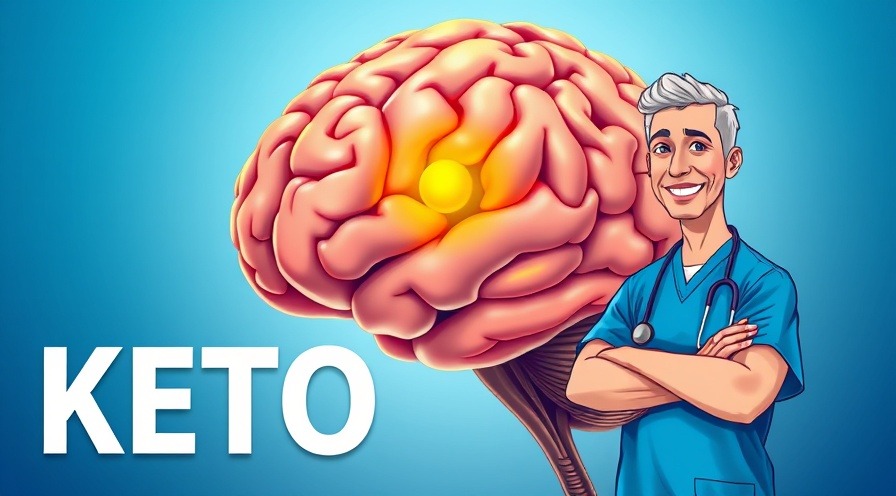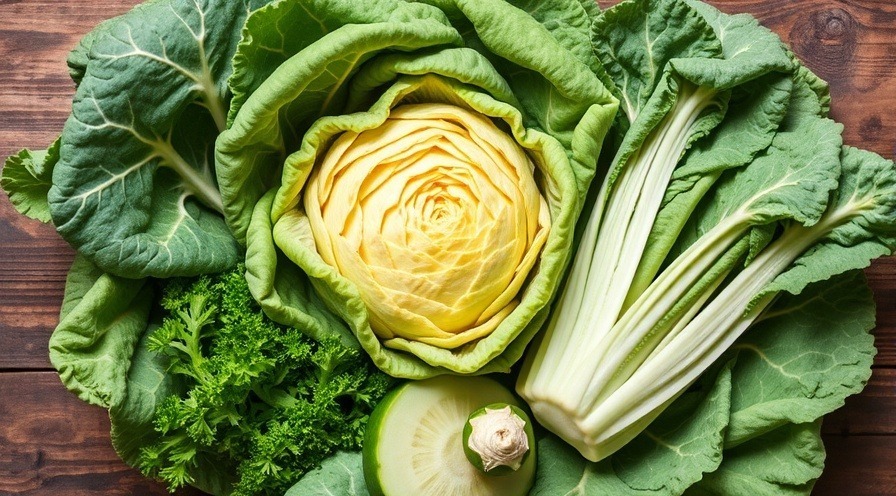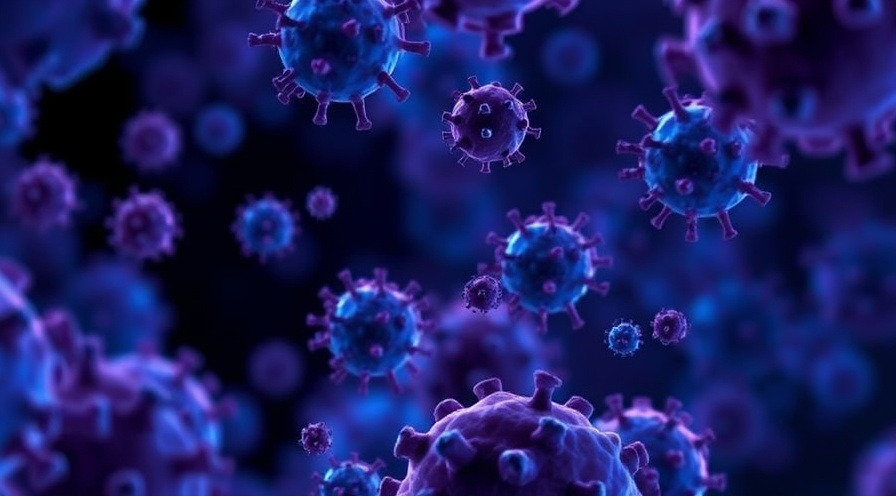
Can Diet Change the Game in Cancer Treatment?
Cancer remains a formidable adversary, being one of the top causes of death only second to heart disease. Traditional treatments, like surgery, chemotherapy, and radiation, often carry a heavy burden of side effects. But a new perspective suggests there might be a less aggressive approach worth considering: starving cancer cells. This thought stems from the idea that cancer cells metabolize glucose differently than normal cells, leading scientists to wonder if reducing carbohydrate intake could hinder tumor growth.
In 'New study uses Keto diet to treat Brain CANCER', the discussion dives into the potential of dietary changes in cancer treatment, prompting us to analyze its implications further.
The Science Behind Dietary Approaches
This method is inspired by the Warburg effect, a phenomenon named after scientist Otto Warburg, who noted that cancer cells crave glucose more than normal cells. Researchers are now exploring the concept of 'metabolic therapy,' which essentially revolves around the idea of starving tumors by limiting sugar intake. The ketogenic diet, a very low-carb, high-fat diet, is garnering interest because it has the potential to change how cancer metabolism operates.
A New Study Investigates Dietary Impacts
A recent study from Greece tested this notion with 18 patients diagnosed with glioblastoma, an aggressive type of brain cancer with a dire prognosis. All participants continued their standard treatment while also adopting a Mediterranean ketogenic diet, which emphasizes healthy fats like olive oil, fatty fish, and lean meats, ensuring a balanced and healthier approach to fat consumption.
Initial Encouraging Results
Findings from the study were intriguing: six patients adhered to the ketogenic diet for a full six months. Among these compliant individuals, four survived for three years or longer, showing a survival rate of 66%. In contrast, only one out of the twelve non-compliant patients achieved the same milestone—merely 8%. Although these results are preliminary, they invite optimism. If further studies confirm these findings, they could signify a notable shift in the management of glioblastoma.
Cautions and Considerations
It is essential to approach these results with caution. Case studies, while promising, cannot draw definitive conclusions. The relatively small sample size raises questions about biases and confounding factors, such as overall treatment adherence and the severity of each patient's condition.
The Importance of Future Research
The authors of the study emphasized the need for larger trials to verify their findings. More rigorous studies will help uncover whether the ketogenic diet directly impacts cancer metabolism or simply aids standard medical treatments. Addressing these questions is crucial for integrating dietary changes into conventional cancer therapies.
Your Dietary Choices: Empowering Health
If faced with a serious diagnosis like glioblastoma, considering a ketogenic diet could be worthwhile. While there is no cure for cancer, exploring every potential avenue—including diet—can be empowering. Collaborate with healthcare professionals to tailor a plan that includes medical treatments along with dietary considerations.
In Conclusion: A Step Toward Wellness
The idea of treating cancer through dietary changes may seem daunting, yet it offers a glimmer of hope. If new studies affirm the positive impacts of a ketogenic diet on cancer, individuals may find themselves better equipped to navigate their health journeys. Staying informed about emerging research can empower patients to make proactive choices. If you or someone you know is dealing with cancer, it’s always worth considering every option—your path to recovery may just include dietary changes. Find out more about how food can influence health today!
 Add Row
Add Row  Add
Add 




Write A Comment